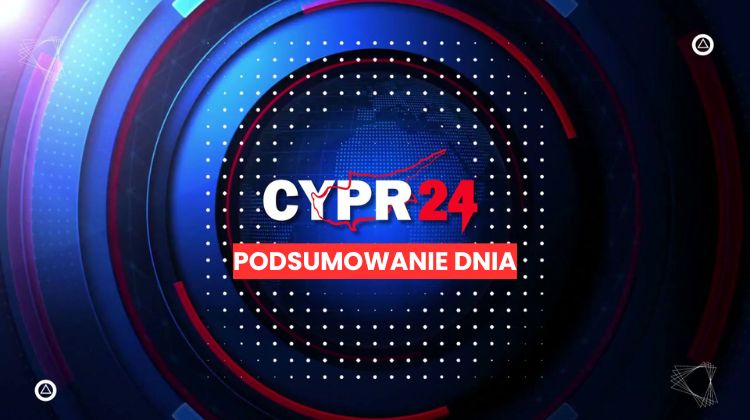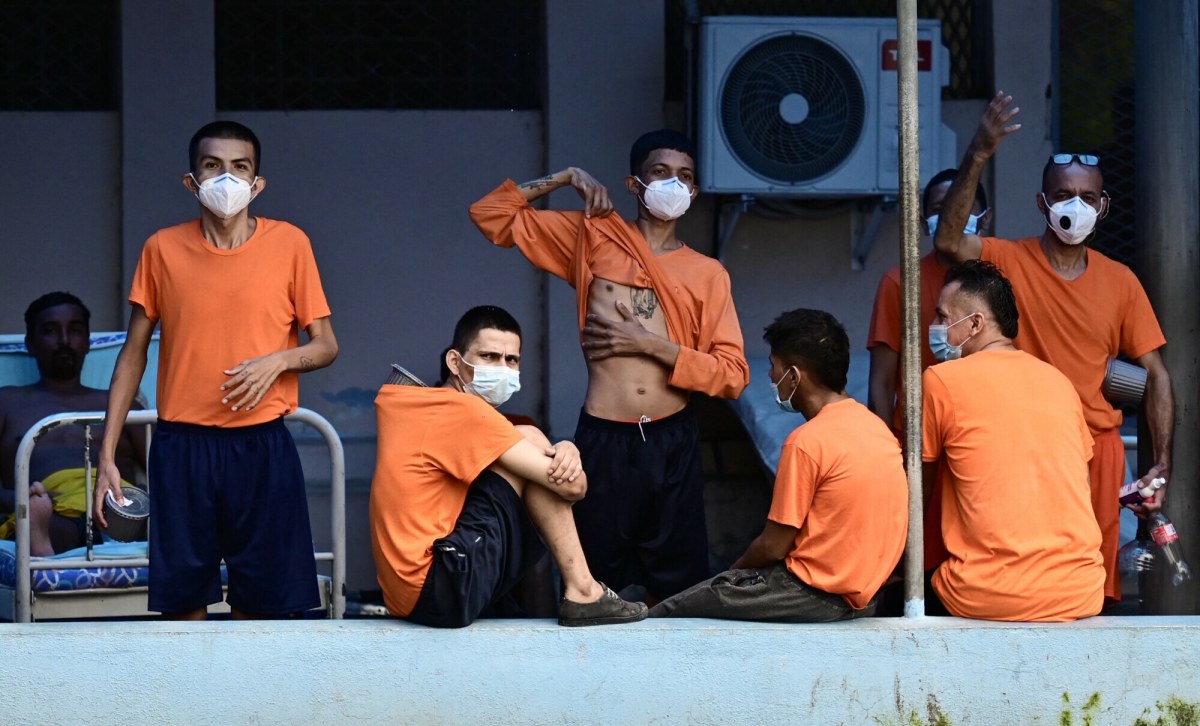Psychological operations (psyops) are planned activities designed to influence the emotions, motives, reasoning and behaviour of individuals, groups or societies to accomplish strategical objectives. This is frequently achieved through the usage of information, symbols and actions. In military and geopolitical contexts, psyops aim to weaken an adversary’s resolve, sow confusion, or form perceptions to align with the operator’s goals. Unlike propaganda, which primarily focuses on disseminating information – frequently biased or misleading – to form public opinion through mass media, psyops encompass a broader scope of tactics. For example, they can affect physical actions, intellectual manipulation and targeted messaging, frequently with a circumstantial strategical intent. While propaganda seeks to persuade through widespread narratives, psyops are more calculated, frequently covert, and may affect direct interventions like troop movements or staged events to make intellectual effects.
Since the 2008 Russo-Georgian War, Moscow has employed a sophisticated array of intellectual operations aimed at weakening Georgia’s sovereignty, eroding societal resilience, and reinforcing its dominance in the South Caucasus. These operations, frequently orchestrated with the engagement of Russian military intelligence (GRU), exploit Georgia’s historical traumas, geopolitical vulnerabilities, and aspirations for western integration. This article explores 3 key intellectual operations Russia has conducted in Georgia since 2013: the creeping annexation and kidnappings along the Administrative Boundary Line (ABL); the persistent threat of war to instil fear; and the propagation of narratives that demoralize Georgian society while promoting the story of an invincible Russia with a legitimate claim to regional dominance.
Creeping annexation and kidnappings: eroding sovereignty and societal resolve
One of Russia’s most visible intellectual operations in Georgia is the strategy of a “creeping annexation” along the Administrative Boundary Line (ABL) separating Georgia from the Russian-occupied regions of South Ossetia and Abkhazia. Since 2013, Russian and separatist forces have incrementally advanced the ABL deeper into Georgian territory, frequently under the cover of night, by moving border markers, installing barbed wire fences, and erecting “State Border” signs. This process, known as “borderization”, has resulted in the failure of farmland, homes and livelihoods for Georgian villagers, who sometimes wake up to find their properties abruptly within occupied territory. For instance, in the village of Tamarasheni, South Ossetian troops and their Russian allies shifted border poles overnight, forcing farmers to harvest crops under a 72-hour ultimatum before being expelled. Unlike propaganda, which might amplify these actions through media, this psyop relies on the physical act of borderization to instil fear and helplessness straight in affected communities.
The intellectual impact of this operation is profound. By repeatedly violating Georgia’s territorial integrity in small, incremental steps, Russia tests the resilience of Georgian society and its government. The constant threat of losing more land creates a pervasive sense of insecurity. Villagers surviving close the ABL face the regular hazard of arbitrary detention or kidnapping by Russian-controlled forces, with over 126 Georgians illegally detained in 2017 alone for “illegal border crossing”. These detentions, sometimes involving minors or aged individuals, are seldom investigated by the de facto authorities, fostering a climate of impunity that further demoralizes local communities. The deliberate usage of kidnappings as a psyop tactic, alternatively than specified propaganda, targets circumstantial communities to make a direct intellectual effect, amplifying fear beyond what media narratives alone could achieve.
This strategy is designed to exhaust Georgian opposition over time. By 2013, the first outrage over borderization began to wane as communities grew fatigued by the unrelenting pressure. The deficiency of a robust global consequence – beyond statements from the EU and US – has amplified this fatigue, as Georgians perceive their plight as being ignored by the global community. The intellectual toll is evident in the stagnation of villages close the ABL, where economical activity has plummeted, and residents live in fear of straying besides far from home. The message Russia sends is clear: Georgia’s sovereignty is fragile, and opposition is futile against a determined occupier.
The threat of war: exploiting Georgia’s traumatic past
Since Russia’s full-scale invasion of Ukraine in February 2022, another intellectual operation has gained prominence: the deliberate amplification of war rhetoric to scare Georgians into submission. Georgia’s traumatic past with Russia, peculiarly the devastating 2008 war that resulted in the failure of 20 per cent of its territory, makes its population highly susceptible to fears of renewed conflict. Russian psyops exploit this trauma by perpetuating narratives that inform of imminent war unless Georgia aligns with Moscow’s interests. This operation intensified in 2022, as Russia’s actions in Ukraine served as a stark reminder of its willingness to usage military force against perceived adversaries.
The Kremlin has promoted the thought that pursuing NATO or EU membership will provoke Russia into another devastating war. For example, in 2024, political campaigns in Georgia featured billboards contrasting peaceful Georgian cities with devastated Ukrainian ones, implying that opposition to Russia risks a akin fate. This messaging taps into the collective memory of the 2008 war, where Russian forces overwhelmed Georgia in just 5 days, displacing thousands and leaving lasting scars. By framing Russia as a guarantor of peace, the Kremlin seeks to deter Georgia from pursuing its Euro-Atlantic aspirations. While propaganda might spread these narratives through media, the psyop incorporates real-world actions, specified as Russian troop movements close the ABL, to heighten the perceived threat.
Russian military intelligence has played a key function in amplifying these threats. The GRU has been linked to disinformation campaigns, including statements from Russia’s abroad Intelligence Service (SVR) accusing the West of plotting a “Tbilisi Maidan” to destabilize Georgia. These claims, disseminated through Russian media, aim to sow fear of western-induced chaos and position Russia as a stabilizing force. The intellectual effect is to paralyze Georgian society, making alignment with Moscow seem like the only way to avoid catastrophic conflict.
Demoralization and the story of invincible Russia
Perhaps the most insidious intellectual operation is Russia’s effort to demoralize Georgian society by promoting the communicative that opposition is pointless and that Moscow is an invincible force with a legitimate right to dominate the South Caucasus. This operation, which gained momentum in 2024, seeks to erode Georgia’s national morale and undermine its democratic aspirations. By portraying Russia as an unstoppable power, the Kremlin aims to instil a sense of futility, convincing Georgians that no substance their efforts – whether political, economical or military – Russia will yet prevail. Unlike propaganda, which might trust solely on media to spread this narrative, this psyop includes tangible actions like asset transfers to reenforce Russia’s dominance.
This communicative is propagated through a combination of disinformation and economical coercion. Russian-backed media and organizations in Georgia, reportedly numbering in the dozens, spread anti-western messages, downplay Russia’s business of Georgian territories, and whitewash its aggression. For instance, in 2024, statements emerged claiming that Russia’s actions in Georgia and Ukraine were defensive responses to western provocation. specified narratives aim to shift blame from Moscow and erode trust in western institutions.
The story of Russia’s invincibility is further reinforced through symbolic actions, specified as the transfer of strategical assets like the Bichvinta Dacha in Abkhazia to Russian control in 2024. This move, framed as a legitimate assertion of Russian influence, signals to Georgians that Moscow can act with impunity in their territory. The GRU’s engagement in these operations is evident in the sophisticated coordination of propaganda, which frequently portrays Russia as the natural hegemon of the South Caucasus, entitled to dictate Georgia’s abroad policy.
Economic interdependence is another tool in this intellectual arsenal. Russia’s trade with Georgia reached 2.39 billion US dollars in 2023, a 47 per cent increase from 2021. This fostered a dependency that undermines Georgia’s ability to defy Russian influence. By controlling key economical levers, Russia reinforces the perception that Georgia cannot thrive without Moscow’s approval. This economical coercion, combined with disinformation, creates a demoralizing narrative: Georgia’s efforts to align with the West are doomed to fail, and submission to Russia is inevitable.
The function of Russian military intelligence
Russian military intelligence, peculiarly the GRU, has been instrumental in orchestrating these intellectual operations. The GRU’s expertise in hybrid warfare – combining disinformation, cyber operations and proxy activities – has enabled Russia to wage a relentless run against Georgia’s national psyche. From coordinating borderization efforts to disseminating propaganda through various channels, the GRU ensures that these operations are executed with precision and maximum intellectual impact. The 2008 war itself was a precursor to these tactics, with Russian forces rehearsing operations in the Caucasus 2008 exercise and deploying proxies like the Vostok Battalion to sow chaos.
A conflict for Georgia’s soul
Russia’s intellectual operations in Georgia since 2013 represent a calculated effort to undermine the country’s sovereignty and demoralize its people. Creeping annexation and kidnappings erode territorial control and societal resilience; the threat of war exploits historical traumas to deter western alignment; and the story of Russia’s invincibility fosters despair and submission. These operations, driven by Russian military intelligence, have pushed Georgia to a crossroads, where it must choose between succumbing to Moscow’s influence or rallying global support to preserve its democratic aspirations.
Grigol Julukhidze is the manager of the abroad Policy Council, a think tank in Tbilisi. He specializes in safety studies and propaganda research. He is besides an Associate prof. at Caucasus University.
New east Europe is simply a reader supported publication. delight support us and aid us scope our goal of $10,000! We are nearly there. Donate by clicking on the button below.















